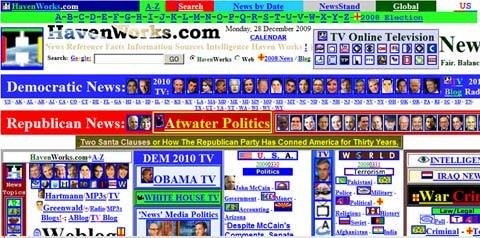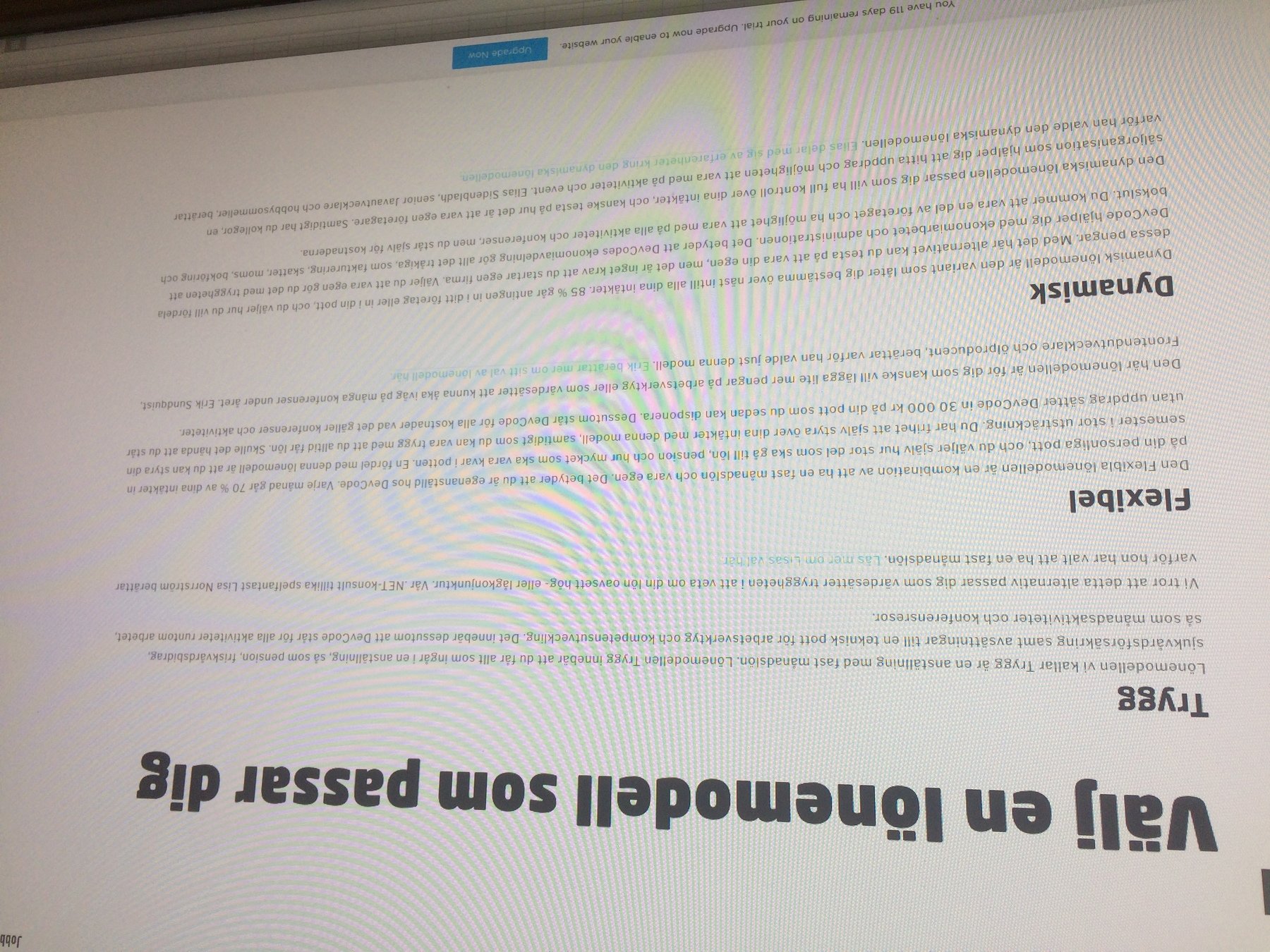30 minutes about nothing
$ whoami
Erik Wallin
Full Stack Developer
Consultant / Consultant Manager @ DevCode
@c01ac0caNothing~Whitespace
This talk is about clean code from a different view
Tabs vs Spaces
- Use the same everywhere
- Doesn't matter which you choose
- Only slide on tabs vs spaces!
Purpose of talk
- Show similarites
- Business Documents vs Source Code
- User Experience vs Source Code
Why
- We read code much more often then we write
- 90% vs 10%?
- Be more productive / cheaper maintenance
- Less WTF / day. Be kind to your colleagues and have fun at work

https://www.simplypsychology.org/maslow.jpg
Maslow's hierarchy of needs
Physiological needs
- Code hygiene (Syntax, formatting, basic rules)
Safety needs
-
Understand code
-
Deliver business value
Belonginess and love needs
-
Collective ownership
-
Collaboration and continuous improvement
-
Learn from each other
Esteem needs
-
Be proud of your work
-
Affect technology choise
Self-Actualization
- Create a new cool product
- Total Freedom
Business documents
VS
Source Code
- Source code is worth a lot of money, why not reflect that by writing proper code?
- Economists and jurists are more strict than software developers when writing documents. We should learn from them.
Capital letter starts a sentence
vs
Classes are substantives that starts with a capital letter
One and only one space between sentences
vs
Use one(1) strategy for spacing
val i = 0 / val i=0
No misspelled words
vs
No misspelled variable/function/class names
Invalid parts of texts are removed (strike through)
vs
Remove unused variables and other dead code
No grammatical errors
vs
No warnings
Result of bad business documents
- Author considered careless
- A consultant with bad written language in the CV will not produce good code quality
Result of bad code hygiene
- Slower to read - how much?
- Harder to read
- Some colleagues become annoyed
- Broken window
Tools/methods to improve code hygiene
Static code analyses
- Lint, PMD
- SonarCobe
- Use as build step
- Discuss rules to spread philosophy
Use a proper IDE
- Built in support for rules
- Clear warnings
- Checkin actions
- It is not cool to use vi/emacs
User Experience
VS
Source Code
- Pedagogic
- Efficient
- Pleasant
Characteristics of good UX
Code is not a puzzle

return entityServiceRegistry.getEntityService(type)
.flatMap(entityService -> entityService.getEntity(Long.parseLong(id))
.flatMap(entity -> entityServiceRegistry.getEntityService(sourceType)
.flatMap(sourceEntityService -> {
......
}Pedagogic text/code
- Use clear and vocabulary
- Reformulate sentences until text is pedagogic correct
- Exactly the same as with code
- Structure the text/code.
- One chapter is about one thing
- Group together code with the same functionality
- I prefer a structure with domain focus instead of technical focus
- Levels of structures
- Projects -> Folders -> Files
Structure
Example of no structure

Groups of code blocks inside a file
- Classes/functions -> methods -> lines of code
-
Inside a file, the tool is blank lines (0, 1, 2) to visually separate blocks
-
2 > 1 > 0
-
Never blank lines inside a function. Text without blank rows is only hard to read if it is too long
-
Python/C#/Scala/JavaScript support more classes / functions in a file - consider 2 blank lines.
All source code is whitespace significant!
Keep abstraction level
- Red thread
- Hide details (appendix, footnotes, separate pages, functions, libraries).
- Compare
- User manual or advertisements
- Meetings where you go into too much details
- It should be possible to find details. Avoid generic functional programming magic code before entering details
Headlines
- Highlighting on web page
- Fewer words -> Bigger font
- Slogans (Don't be evil)
- Class names

Details
- Method names/implementation
- Footnote/appendix

Result of bad user experience
- Less efficient users
- Loss of customers
Result of code that is not easily understandable
- Slower to read - how much?
- Harder to read
- Some colleagues become annoyed
Tools/methods to make code more understandable
Tech meetings
-
Shared code philosophy / Collective ownership
-
Exercise: What is important in code for each team member?
- Expectations on each other
- Group dynamics change when members join/leave the group
- Increased knowledge of architecture
- Create motivation and responsibility
Pair/mob programming / Code reviews
- Continuation/implementation of tech meeting results
- Great exercise in understanding code written by others
- Teaching is the best way of learning
- Part of 'Definition of Done'
Shared code
- Single developers are generally more lazy, although some takes even more responsibility
- Rotate developers in the system
Refactoring / Scout rule
Don't even ask for time to do it!
Documentation / Intro
- Broad knowledge about domain / architecture is important for developer to be pedagogic in the code
Static code analyses
Cyclomatic complexity
Tests / TDD(?)
Too much mocking is a sign of code smell
Discussions
- Would you recommend a developer with good technical knowledge to your team that writes unclean code?